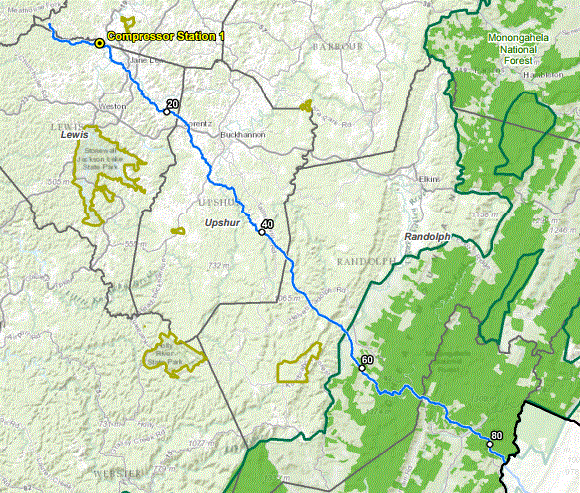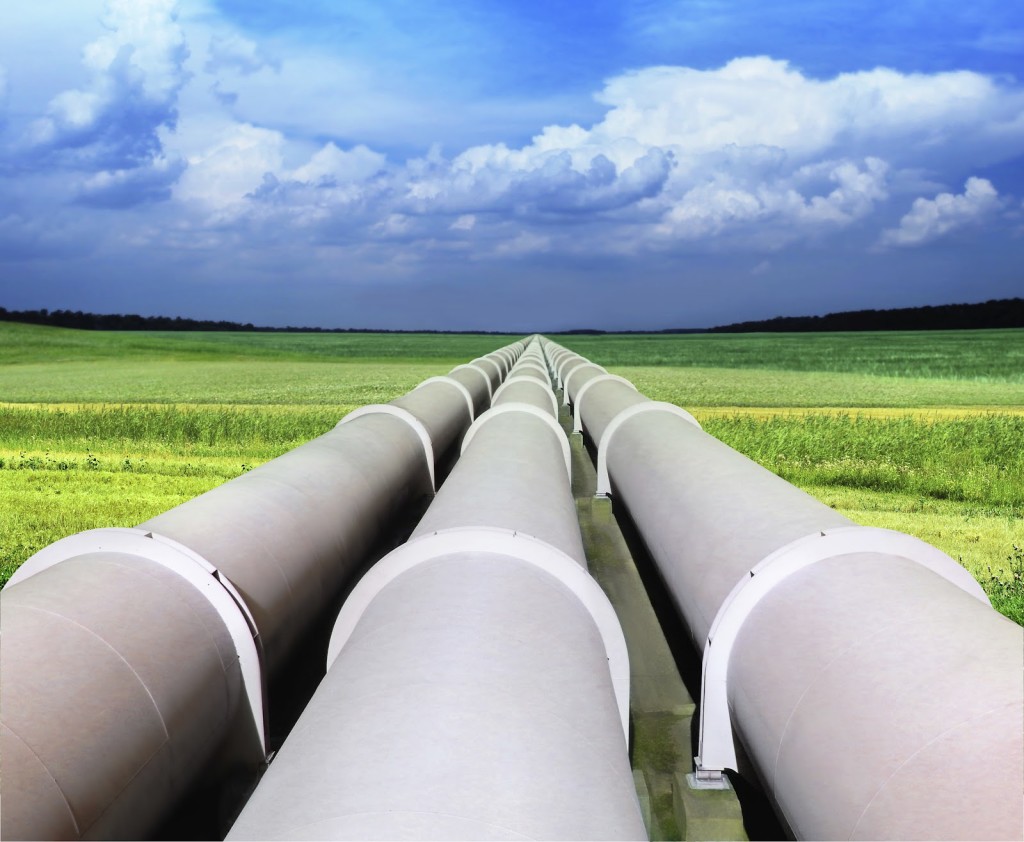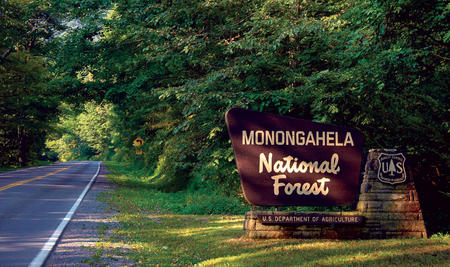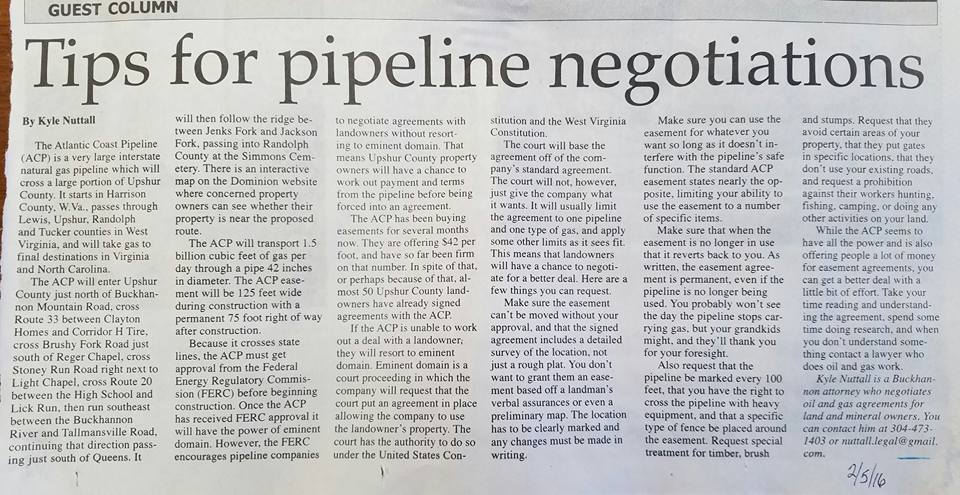Category Archives: Atlantic Coast Pipeline
Atlantic Coast Pipeline Construction Delayed
Dominion has announced that it is delaying the start date for construction on the Atlantic Coast Pipeline. Interestingly, they still plan on putting the pipeline into use at about the same time they had originally planned. The new target for construction is summer of 2017, with the pipeline slated for first use sometime in 2018. So what they’ll be doing is running more crews over a shorter period of time.
UPDATE: This article says the ACP will have an 18 month construction period. If construction starts in the summer of 2017, that’s cutting it pretty close to 2019 before it will be finished. Work on a pipeline can go awfully fast, but if there are any delays at all they simply won’t be able to finish before 2019.
ACP Changes Route Through Randolph County, WV
It’s not every day that you hear about a big corporation going out of it’s way to, literally, go out of it’s way. Particularly when it’s just based off people making requests that the big company do so. That’s exactly what happened in Randolph County, WV this week though.
A number of citizens voiced concerns about the Atlantic Coast Pipeline crossing through an area called Mingo Flats. A Google search for Mingo Flats, WV brings up a surprising number of interesting and diverse articles, including a 5-minute first-person view of someone riding a motorcycle along Mingo Flats Road. Apparently there is some historic value to the area. This blog post by Granny Sue’s News and Reviews was enlightening.
The article in the Inter Mountain is behind a paywall, but if you do a Google search for the exact title of the article “Dominion gives ACP plan update” and click on the link Google provides, you can get around the paywall.
Tangent Warning: I’m not sure why so many news sites work that way, but many of them do; it’s so easy to get around that it doesn’t make sense to have a paywall like that. Try it, it works for a surprising number of paywalls.
Back on point: the article hints that there have been other concerns raised by Randolph County residents, and it sounds like this was the only one that the ACP is going to address. Perhaps the other concerns were not voiced by large numbers of residents, or they weren’t significant to the ACP. I’m sure they were significant to the owner of the property.
If you need help negotiating with the Atlantic Coast Pipeline people, give us a call. That’s what we do, all day, every day. We can also help you actually understand what that Easement Agreement says and does. You might be surprised at what you don’t realize you don’t know. It pays to get some professional help with this kind of thing. After all, this agreement is going to be in effect for decades. It will be in effect for longer than that if you don’t get the right changes made to it. Don’t make the mistake of burdening your property with an Easement Agreement that is never going to expire just to save a few bucks now. Call us, you’ll be glad you did.
304-473-1403
The ACP Is Now Taking Easements
The Atlantic Coast Pipeline is now offering to buy easements from landowners in Upshur County, West Virginia. The easement includes a 75 foot permanent right of way and a 50 foot temporary right of way. They are offering $42 per foot, which is the old standard of $1.00 per inch per foot.
The ACP is a 42 inch pipeline which originates in Doddridge County and passes through Lewis, Upshur, Randolph, and Pocahontas counties in West Virginia. If you think you might be on the route, you can go to Dominion’s Atlantic Coast Pipeline map page. There are several different types of maps there that you can play with. Most people on the route have been approached with an offer at this point, but I spoke today with a client whose neighbor should be on the route but hasn’t yet been approached by a landman .
.
The ACP is going to have FERC approval, meaning it will have eminent domain powers. The ACP will do their best to put together a deal with a landowner instead of going in front of the courts, though, for two good reasons. One, it’s cheaper to just deal with the landowner. Two, the rights they get in a court order are usually more limited than what they can negotiate with a typical landowner.
This means that you will have a chance to negotiate for a good deal. You can get a better price for your property, but more importantly you can also get much better terms. The ACPs easement agreement isn’t as comprehensive as the Mountain Valley Pipeline’s, but it still needs some important changes.
Make sure the easement can’t be moved without your approval. You don’t want to grant them an easement based off a landman’s verbal assurances or even a preliminary map. The location has to be clearly marked and any changes must be made in writing.
Make sure you can use the easement for whatever you want so long as it doesn’t interfere with the pipeline’s safe function. The easement states nearly the opposite, limiting your ability to use the easement to a number of specific items.
Make sure that if the easement is no longer being used by them that it reverts back to you. As written, the easement agreement is permanent, even if the pipeline is no longer being used. You probably won’t see the day the pipeline stops carrying gas, but your grandkids might, and they’ll thank you for your foresight.
Make sure they pay you a lot more than they’ve offered. The new standard in West Virginia is $2.00 per inch per foot, but if you get onto some online forums you’ll find people who are talking about getting $4.00-$5.00 per inch per foot, which would equal $168-$210 per foot for a 42 inch pipeline. While we haven’t seen those number materialize yet (it’s all just speculation) we’d like to see better than $1 per inch per foot.
There are a number of other things you might want to ask for, including the right to cross the pipeline with heavy equipment, a specific type of fence around the easement, special treatment for timber, avoiding certain areas of your property, gates in specific locations, limits to their ability to use your existing roads, and a prohibition against their workers hunting, fishing, camping, or doing any other activities on your land.
We are putting together a group to negotiate with the ACP. You can join and leave any time you want. With a large number of landowners we can get more concessions, including more money, from the ACP. Call if you would like to be part of it. 304-473-1403.
Economic Impact of Atlantic Coast Pipeline
 There’s a new study out by the Southern Environmental Law Center that says the economic impact of the Atlantic Coast Pipeline will not be as great as Dominion’s study indicated it would be. SELC’s study points to a variety of flaws and assumptions used in Dominion’s study. You can read the report in it’s entirety here.
There’s a new study out by the Southern Environmental Law Center that says the economic impact of the Atlantic Coast Pipeline will not be as great as Dominion’s study indicated it would be. SELC’s study points to a variety of flaws and assumptions used in Dominion’s study. You can read the report in it’s entirety here.
Both studies look at the overall impact of the pipeline, not just to localized areas. We think that the ACP will have an enormous economic impact in West Virginia. There simply isn’t enough pipeline capacity to carry away all the natural gas that West Virginia is capable of producing. Gas producers are paying $1.00 per MCF to transport their gas. When gas prices are under $3.00 per MCF, that’s a pretty substantial amount of money. Producers have to make money at under $2.00 per MCF. Their profit margins at those prices are awfully thin. Adding pipeline capacity will cut the price of transportation some. When they’re making more money, gas producers will take more leases and drill more wells. That’s good for West Virginia property and mineral owners.
Whether the ACP will have a huge economic impact or a slightly less huge economic impact is not extremely important for West Virginia royalty and mineral owners. The ACP will reduce the cost to transport gas and increase the amount of gas produced. If we’re smart about it, we can make sure some of the resulting profits end up in the hands of West Virginia surface owners on the pipeline route, and in the hands of West Virginia mineral owners in the production area.
We’re waiting for landmen to start making offers on the pipeline route. When they do we’ll be helping property owners negotiate the best possible deal for their surface rights and helping them get protections for the rest of their property. Give us a call when the landman comes knocking. We can hardly wait to start negotiating with them.
Three West Virginia Pipelines, or One?

Here’s an article with some food for thought.
The gist of it is, there are three proposed pipelines that run through West Virginia which originate in the same general area and end in the same general area. It makes a lot of sense to run all three pipelines on the same right of way. The only thing is, nobody is thinking of doing that. FERC is the only governmental entity that has the power to approve/disapprove of any of these projects, and it doesn’t appear to be thinking of them together. The companies have their own interests, and don’t seem to think that working together will benefit them. So running the pipelines along the same route is just not likely to happen.
While having three separate pipeline routes benefits this firm, as there will be more agreements to negotiate, we also don’t see the point of using up more land than necessary. This is an idea that has merit, and there should be a conversation about it.
By the way, here’s a link to more information about the Appalachian Connector project.
Additionally, the Mountaineer Xpress Pipeline will be running through roughly the same areas, as will the
EDIT: It was pointed out to me that this article appeared to be unfinished. I came back to look, and sure enough, it ended as you see it above. Guess I must have hit Publish when I meant to hit Save Draft.
I suspect that I was thinking of checking the maps to see exactly where the Mountaineer Xpress and the Rover pipelines ran. Both are farther north and farther west than the Atlantic Coast and the Mountain Valley.
This article was intended to express support for the idea of running both the ACP and the MVP along the same routes up to a certain point. I still think that would have been a great idea. It would have required the ACP and MVP to team up. The FERC actually doesn’t have the authority to look at these pipeline together unless they are presented to the FERC together as one project. They don’t connect, they’re not the same company or sister organizations, and they pull gas from slightly different areas and deliver gas from slightly different areas. It’s quite unfortunate that it couldn’t have been done. It would have been efficient, and I like efficiency. It would have had a smaller impact on the environment, and even though I don’t consider myself an environmentalist, there’s no sense cutting two swaths through the mountains when one will do.
Atlantic Coast Pipeline Clears One Hurdle
 The U. S. Forest Service has approved a survey through the Monongahela National Forest for the Atlantic Coast Pipeline. The survey will take a year, and is just one in a large number of steps that the Pipeline will need to take before getting approval.
The U. S. Forest Service has approved a survey through the Monongahela National Forest for the Atlantic Coast Pipeline. The survey will take a year, and is just one in a large number of steps that the Pipeline will need to take before getting approval.

